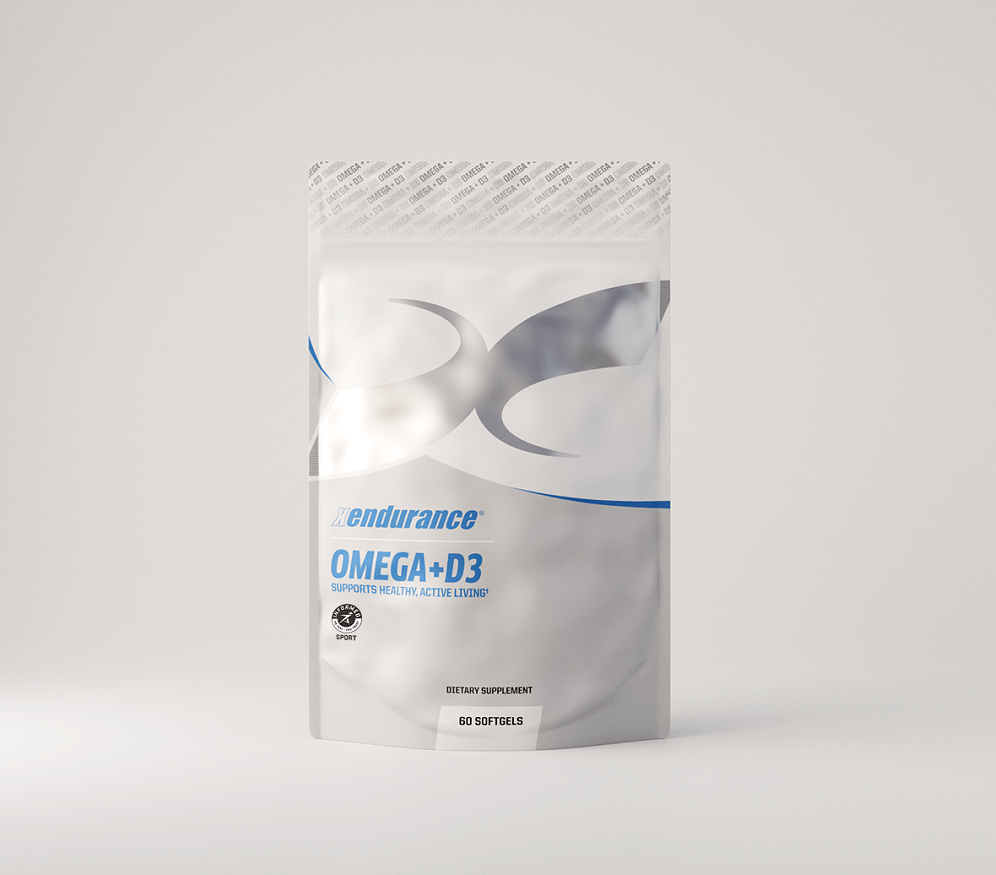For athletes seeking to enhance their performance and overall wellness, fish oil can be a game-changer. Packed with essential nutrients like DHA and EPA, fish oil offers a range of benefits that can help athletes achieve peak performance. In this article, we'll explore the various fish oil benefits, its key components, and how to incorporate it into your diet for optimal results.
What is Fish Oil?
Fish oil is derived from the tissues of fatty fish such as salmon, mackerel, and sardines. It is rich in omega-3 fatty acids, particularly DHA (docosahexaenoic acid) and EPA (eicosapentaenoic acid), which are essential for maintaining good health.
The use of fish oil dates back centuries. Historically, it was used as a remedy for various ailments, most notably through cod liver oil. For more on the historical context, you can refer to The History of Cod Liver Oil as a Remedy.
The Key Components of Fish Oil: DHA and EPA
Fish oil is rich in two key omega-3 fatty acids: DHA and EPA. These components play crucial roles in supporting athletic performance and overall health.
- DHA (Docosahexaenoic Acid): DHA is vital for brain health and cognitive function. It helps improve reaction times, focus, and mental clarity, which are essential for athletes. According to DHA Effects in Brain Development and Function - PMC, DHA is also crucial for brain development and maintaining brain function.
- EPA (Eicosapentaenoic Acid): EPA is known for its anti-inflammatory properties. It helps reduce muscle soreness and joint pain, allowing athletes to recover faster and train harder. EPA also supports cardiovascular health, which is critical for endurance and overall athletic performance.
Both DHA and EPA work together to provide a range of benefits that can enhance an athlete's performance, making fish oil a valuable addition to their diet.
Fish Oil Benefits for Athletes
Adding fish oil to an athlete's diet can offer numerous benefits that support peak performance and recovery. Here are some of the key fish oil benefits:
- Enhance Endurance and Performance: Fish oil can improve endurance by supporting cardiovascular health and reducing inflammation. This allows athletes to train longer and perform better.
- Support Muscle Recovery and Reduce Inflammation: Fish oil's anti-inflammatory properties help reduce muscle soreness and joint pain. This leads to faster recovery times and less downtime between training sessions. Explore our recovery products for more support.
- Improve Cardiovascular Health: Omega-3 fatty acids in fish oil support heart health by reducing blood pressure and improving blood flow. This is crucial for athletes who need to maintain high levels of endurance and performance.
Incorporating fish oil into an athlete's diet can provide these essential benefits, helping them achieve their peak performance and maintain overall health.
Fatty Fish vs. Fish Oil Pills: Which is Better?
When it comes to getting the benefits of fish oil, athletes often wonder whether to consume fatty fish or take fish oil pills. Both options have their own advantages and considerations.
- Fatty Fish: Eating fatty fish like salmon, mackerel, and sardines provides a natural source of omega-3 fatty acids, including DHA and EPA. According to 11 Evidence-Based Health Benefits of Eating Fish, consuming whole fish also offers additional nutrients like protein, vitamins, and minerals.
- Fish Oil Pills: Fish oil pills are a convenient way to ensure you're getting a consistent dose of omega-3s. They are especially useful for athletes who may not have easy access to fatty fish or prefer not to eat fish regularly. Pills also allow for precise dosage control, making it easier to meet specific dietary needs. Check out our Omega+D3 supplement for a high-quality option.
Convenience and Dosage:
- Fatty fish can be incorporated into meals, but it may not always be practical for busy athletes.
- Fish oil pills offer a quick and easy solution, ensuring you get the necessary omega-3s without meal planning.
- Both options can be effective, but the best choice depends on your lifestyle and dietary preferences.
How to Incorporate Fish Oil into Your Diet
Adding fish oil to your diet can be simple and beneficial. Here are some tips to help you get started:
- Eat Fatty Fish: Aim to include fatty fish in your meals at least twice a week. Options like salmon, mackerel, and sardines are rich in omega-3 fatty acids.
- Take Fish Oil Supplements: If you find it challenging to eat enough fish, consider taking fish oil pills. They are available in various forms, including liquid, capsules, and soft gels. Our Xendurance supplement can be a great addition to your routine.
- Check Dosage: For athletes, a daily intake of 1,000 to 2,000 mg of combined DHA and EPA is often recommended. Always check the label for dosage instructions.
- Mix with Food: If you prefer liquid fish oil, you can mix it into smoothies, yogurt, or salad dressings to mask the taste.
Incorporating fish oil into your routine can support your performance and overall health. Whether you choose fatty fish or supplements, the key is consistency and ensuring you get the right amount of omega-3s.
Potential Side Effects and Considerations
While fish oil offers many benefits, it's important to be aware of potential side effects and considerations.
- Digestive Issues: Some people may experience nausea, diarrhea, or indigestion when taking fish oil pills.
- Allergic Reactions: If you are allergic to fish, you should avoid fish oil supplements.
- Blood Thinning: Fish oil can have a blood-thinning effect, which might increase the risk of bleeding. This is particularly important for those on blood-thinning medications.
- Vitamin A Toxicity: High doses of fish oil, especially those containing cod liver oil, can lead to vitamin A toxicity.
Before adding fish oil to your diet, it’s crucial to:
- Consult with a healthcare provider, especially if you have underlying health conditions or are taking other medications.
- Start with a lower dose to see how your body reacts.
- Choose high-quality fish oil supplements that have been tested for purity and potency.
Conclusion and Call to Action
In summary, fish oil can be a valuable addition to an athlete's diet, offering benefits such as enhanced endurance, improved muscle recovery, and better cardiovascular health. By understanding the components of fish oil, such as DHA and EPA, and their roles, athletes can make informed decisions about their nutrition.
Whether you choose to consume fatty fish or take fish oil pills, it's essential to consider the convenience and dosage that best fits your lifestyle. Remember to consult with a healthcare provider to ensure you’re making the best choice for your health.
At Xendurance, we are committed to helping athletes achieve peak performance. Explore our range of performance-enhancing supplements and skincare products designed to support your journey to excellence. Visit our website to learn more.









コメントを書く
このサイトはhCaptchaによって保護されており、hCaptchaプライバシーポリシーおよび利用規約が適用されます。